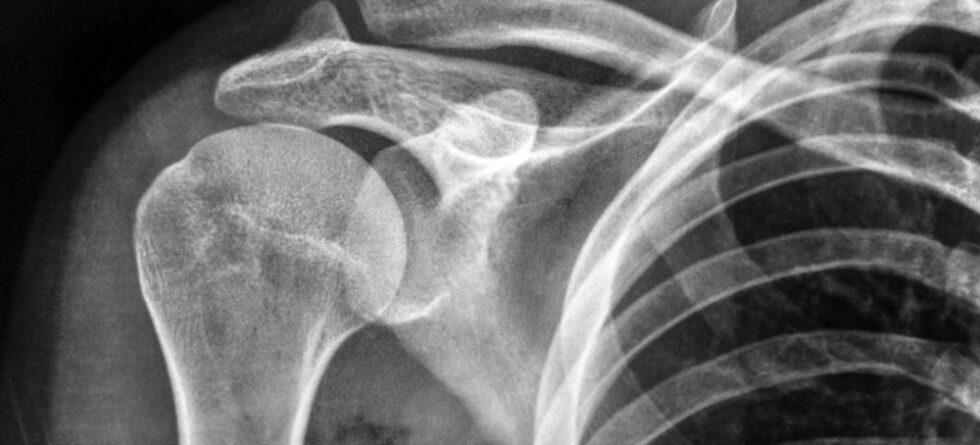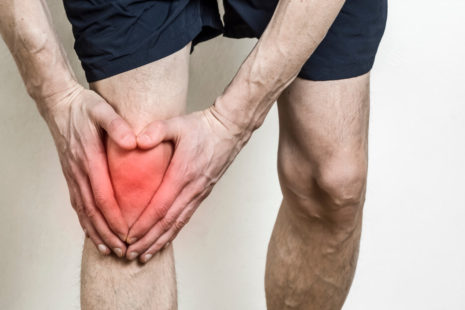Several factors can exacerbate a rotator cuff injury or make it worse…
- Overuse or Repetitive Movements – Engaging in repetitive overhead movements, such as throwing or lifting heavy objects, can strain the rotator cuff muscles and tendons, leading to inflammation and pain.
- Poor Posture – Maintaining poor posture, especially with rounded shoulders or forward head posture, can contribute to shoulder impingement and aggravate rotator cuff injuries over time.
- Lack of Proper Warm-Up or Cool Down – Failing to properly warm up the shoulder muscles before physical activity or neglecting to cool down afterward can increase the risk of injury and worsen existing rotator cuff issues.
- Incorrect Lifting Technique – Lifting heavy objects with improper technique, such as using the shoulders instead of the legs, can put excessive strain on the rotator cuff muscles and lead to injury.
- Overloading the Shoulder – Carrying heavy loads on one shoulder or performing activities that require repetitive or sustained overhead arm movement can overload the rotator cuff muscles and contribute to injury.
- Ignoring Pain – Ignoring or pushing through shoulder pain instead of seeking appropriate rest and treatment can exacerbate a rotator cuff injury and lead to further damage.
- Inadequate Rehabilitation – Failing to properly rehabilitate a rotator cuff injury or returning to activities too soon without adequate rest and strengthening can delay healing and increase the risk of re-injury.
- Poor Sleep Position – Sleeping in positions that place pressure on the shoulder, such as sleeping on the affected side or with arms overhead, can aggravate rotator cuff pain and inflammation.
- Stress and Tension – Stress and tension can cause the muscles surrounding the shoulder joint to tighten, increasing the risk of strain and exacerbating existing rotator cuff issues.
- Underlying Structural Issues – Structural abnormalities in the shoulder, such as bone spurs or joint instability, can predispose individuals to rotator cuff injuries and make existing issues worse.
It’s crucial to identify and address factors that may exacerbate a rotator cuff injury to facilitate healing and prevent further damage. Seeking guidance from a healthcare professional, such as a physical therapist or orthopedic specialist, can help develop a personalized treatment plan and strategies to manage and prevent the worsening of rotator cuff problems.




